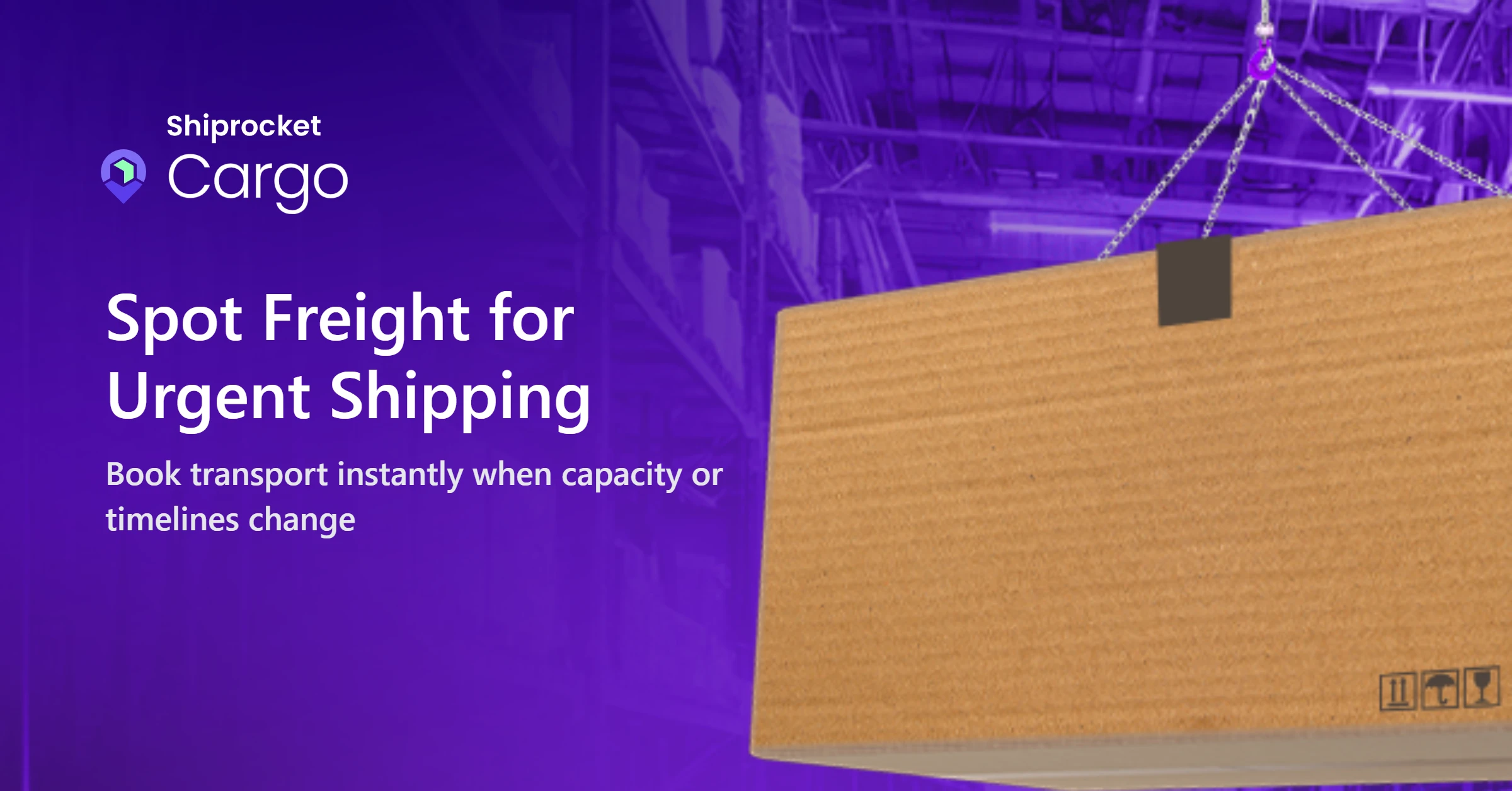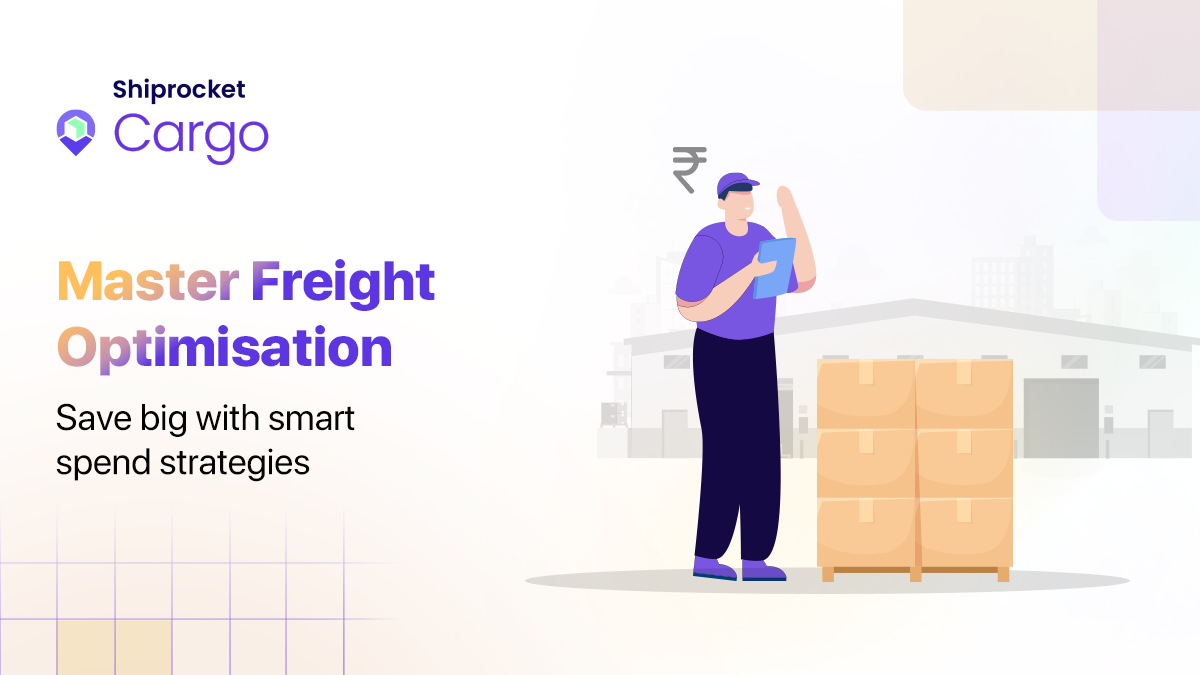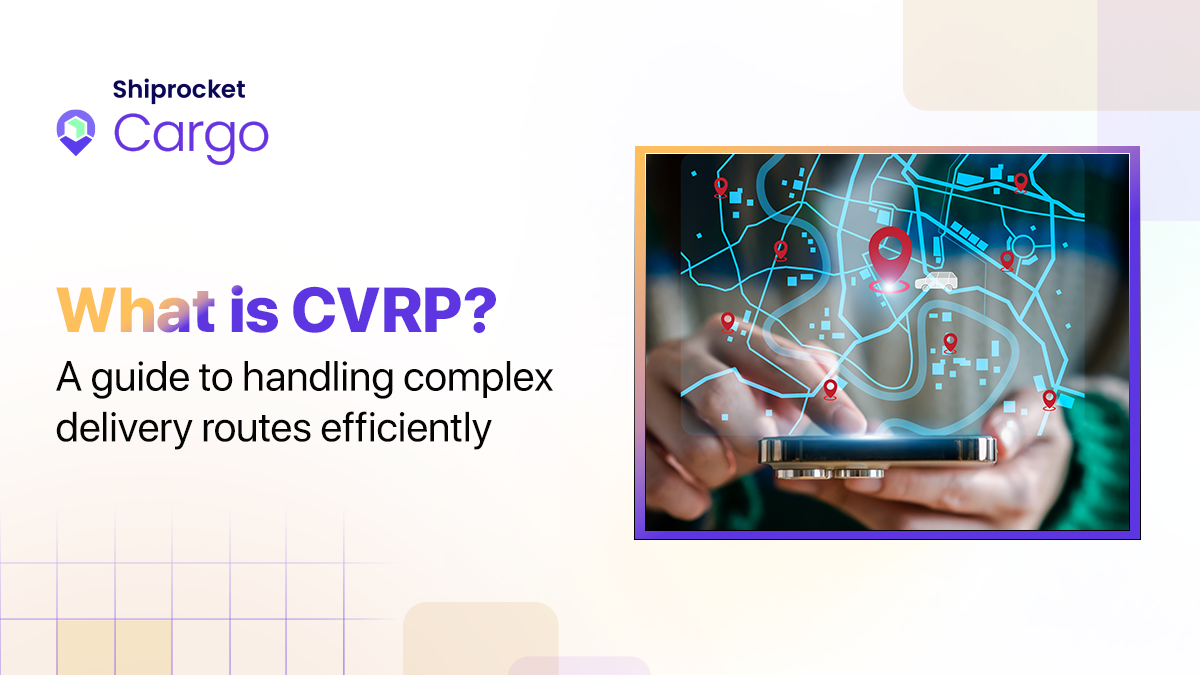The Real Impact of Generative AI in Supply Chain Operations
In today’s business world, running an efficient supply chain is more important than ever. Companies are always looking for ways to improve. One of the tools making a big difference is Generative AI. Generative AI is artificial intelligence that creates new content, like text, images, videos, music, or code. It learns from large datasets by spotting patterns in the data. After training, it can produce new and original outputs based on what it has learned.
With so much data to process, GenAI makes it easier to keep things moving. More businesses are turning to AI to make their operations more innovative and cost-effective. This article looks at how AI is changing the way supply chains work and why it’s becoming a must-have for companies looking to stay ahead.
Role of GenAI in the Supply Chain
Generative AI, or GenAI, can simplify your supply chain. It helps you do tasks faster, plan better, and make decisions quickly without needing to be a tech expert. It’s not just a trend; according to a report by the Economist Impact, 65% of chief supply chain officers believe GenAI could optimise or automate 26% to 50% of their procurement and supply chain operations over the next three years.
With GenAI, you can easily understand significant amounts of data. It shows you what’s working and what needs to change. It also helps you guess what might happen next, like how much stock you need or when to reorder.
It also connects different systems and helps everything work together without you having to manage each step. Some companies are even using GenAI to run parts of their supply chain. This saves time, reduces mistakes, and makes things run smoother.
But to see the full benefit, look at your whole process from start to finish. Find where it can help the most. Maybe it’s in tracking orders, planning deliveries, or managing stock. Work with good tech partners and ensure GenAI fits your business goals. If you do it right, GenAI won’t just make your work easier; it can change how you run your business.
How GenAI Helps Make Better Supply Plans
Here’s how GenAI helps make better supply plans:
- Look at all your data: GenAI analyses sales, inventory, customer demand, and delivery information to understand what’s happening.
- Predicts future demand: It can guess what people will buy and when, so you don’t overstock or run out of items.
- Find patterns: GenAI spots trends in your data that you might miss, helping you plan smarter.
- Gives quick suggestions: It can tell you what to order, how much to order, and when to order it, saving time and effort.
- Adjusts to changes: GenAI can quickly update your supply plan if something changes, like a delay or a big sale.
- Reduces waste: With better planning, you buy just what you need, so there’s less leftover stock.
- Improves delivery timing: It helps plan when to send products so they arrive on time.
- Easy to understand: You don’t need to be a tech expert. GenAI gives simple answers and clear plans you can follow.
- Works with your current system: It connects to your tools and pulls in all the data without major changes.
- Saves money: With better planning, you avoid extra costs, like rush orders or storage fees.
Making Sourcing Decisions Faster and Smarter With AI
Let’s take a look at how AI helps with better sourcing decisions:
- Template Creation: GenAI helps create RFP and RFQ templates by analysing past documents and guidelines, saving time for your team.
- Supplier Identification: GenAI scans databases and the Internet to identify potential suppliers based on price, quality, and reliability criteria.
- Negotiation Support: It simulates thousands of pricing scenarios to suggest the best deal, offering real-time advice and answering queries on stock and pricing.
- Contract Management: GenAI reviews contracts, highlights key points, and suggests optimisations for better terms.
- Predictive Analytics: It predicts pricing trends, demand shifts, and currency fluctuations to make supply planning more accurate.
- Feedback Analysis: GenAI analyses customer and employee feedback to provide insights for better sourcing decisions and supplier relationships.
- Supplier Performance Tracking: It monitors supplier performance to ensure consistent quality and reliability.
- Faster Decision-Making: GenAI provides instant reports and recommendations, allowing quick action and improved decision-making.
- Continuous Improvement: As GenAI learns from your data, its predictions and insights become more accurate, enhancing your supply chain management.
How GenAI Supports Production Planning and Quality Control
GenAI can also support production planning and quality control in many ways:
- Production Line Optimization: GenAI identifies delays or slowdowns in the production line and suggests fixes, reducing downtime and speeding up production.
- Automated Quality Control: It instantly spots defects, ensuring products meet required standards and preventing waste on faulty items.
- Predictive Maintenance: GenAI predicts machine breakdowns based on past data, allowing preventive maintenance and avoiding unexpected downtime.
- Resource Allocation Efficiency: This helps allocate resources like workers, materials, and equipment efficiently, preventing overloads or underuse.
- Supply Chain Coordination: GenAI connects production with the supply chain, ensuring timely material delivery and smooth output without delays.
- Real-time Data Monitoring: It monitors the production process in real time, providing updates on machine performance and product quality for quick problem resolution.
- Customisable Alerts and Reports: GenAI sends alerts for issues like quality drops or slowdowns and generates reports to track performance and areas for improvement.
Smarter Shipping: How AI helps Move Goods Efficiently
AI can help you move your goods efficiently. Here how:
- Better Route Planning: AI can find the fastest and most cost-effective delivery routes by checking traffic, weather, and road conditions. This helps save fuel, reduce delays, and speed up deliveries.
- Accurate Delivery Estimates: It gives more precise delivery times using real-time data, so customers know exactly when to expect their orders.
- Smarter Load Planning: AI helps plan how goods are loaded into trucks or containers to maximise the available space. This cuts down on extra trips and saves costs.
- Real-Time Tracking: AI keeps an eye on shipments at every step. If there’s a delay or problem, it can alert you right away so you can take action.
- Automated Scheduling: It can schedule pickups and drop-offs automatically, saving time and avoiding mistakes caused by manual planning.
- Inventory Sync: AI connects shipping with your inventory system, ensuring products are always in stock and ready to ship without overstocking or running out.
- Faster Problem Solving: AI can quickly find the best solution to fix a problem with the least impact if something goes wrong, like a missed delivery or route change.
Leverage Shiprocket Cargo for AI-Powered Logistics
If your business deals with heavy or bulk shipments, Shiprocket Cargo simplifies logistics. It’s a single platform that helps you ship Full Truckload (FTL), Partial Truckload (PTL), or air cargo across 24,000+ pin codes in India.
The platform uses AI to suggest the best courier based on weight, destination, and delivery time. This saves time, reduces costs by up to 40%, and improves delivery speed. You don’t need to compare carriers manually—the system picks the right one.
Real-time tracking keeps you updated from pickup to delivery. Your customers also get SMS and email alerts, so they always know where their orders are. Time-bound deliveries, even during off-hours, help meet urgent demands easily.
You can connect your ERP systems, like SAP or Navision, to the platform for a smoother workflow. Creating a shipment takes just a few steps–uploading, selecting a courier, and shipping.
Shiprocket Cargo also offers 24×7 support to help you with any shipping issues. With a quick setup, smart courier selection, and wide coverage, it’s built to make B2B shipping faster, cheaper, and easier.
Conclusion
AI is quickly becoming a key player in transforming supply chain operations. Its impact is clear, from predicting demand to streamlining processes and improving decision-making. Businesses that use AI can move faster, work more efficiently, and lower their costs.
This gives them an advantage over others in the market. As AI keeps improving, it will play an even bigger role in supply chains. It’s becoming a key tool for businesses that want to stay ahead. Using AI makes supply chains more reliable and better prepared to handle future challenges.



